Intasure Guide to Airbnb service fees
Written by Nick Grant
|
Published on 16th September 2022
|
Last Updated on 30th May 2024
|
Read time: 5 minutes

A guide to Airbnb service fees
Running a successful Airbnb can mean earning extra money, but you’ll also have expenses to consider, including service fees. While they may seem like an unnecessary charge that bites into your profit, Airbnb service fees are actually an essential part of letting your property.
To explain, we’ve put together this guide to Airbnb service fees, showing how they can help keep your guests happy and your business ticking over.
What are Airbnb service fees?
The Airbnb service fee is a mandatory charge added to all reservations to cover customer support, marketing and administration. The money helps them to promote your property and provide a smooth booking experience for hosts and guests.
Why does Airbnb charge service fees?
Airbnb helps market your property, covering you during letting periods for certain incidents. As a result, Airbnb takes a portion of the subtotal to ensure they can continue to provide these services.
The service fee on Airbnb supports products and services such as:
- Offering 24/7 customer support.
- Marketing properties to guests, both through search engines and social media.
- Protecting you and your place against certain risks.
- Supplying educational resources to hosts to support your business.
How much are Airbnb service fees?
Several factors influence how much Airbnb charges hosts and guests, including the property location, cancellation policies, and length of stay.
Generally, most hosts pay a flat service fee of 3%. However, this depends on whether you opt for a split fee or host-only service fee. Here’s a breakdown of both service fee structures and what to expect:
Split fee
The split service fee is the most common option. As the name suggests, the fee is split between you and the guest. However, most guests pay the largest fee — up to 14.2% of the subtotal. This includes the cleaning fee, nightly rate, and any additional guest charges if applicable. For example, this could mean that if you are charging a guest £100 for the property, Airbnb may charge the guest around £14.20 extra for the service charge. Meaning your guest would pay £114.20, of which £14.20 goes to Airbnb.
Most hosts will pay a service fee of 3% of the subtotal. However, Airbnb may charge some hosts more. For instance, hosts with strict cancellation policies or listings in certain countries (such as Italy) can expect a higher service fee.
Host-only fee
With the host-only fee option, Airbnb deducts the entire service cost from you, the host. The amount generally ranges between 14 and16%. Again, hosts with strict cancellation policies, who are classified as Airbnb Plus Hosts, or hosts with properties in specific locations, may pay higher service fees.
How to decide which Airbnb service fee structure to use
Most hosts can select a service fee structure, although some have no choice. Host-only fees are mandatory for certain properties like hotels, hostels, serviced apartments, or software-connected hosts (i.e., people that connect CMS systems to Airbnb).
However, for those who have a choice, it’s worthwhile considering the pros and cons of both options. A split fee can allow hosts to charge a lower nightly rate. Therefore, your property may offer greater value for money than others, although some customers might not appreciate the additional, unexpected costs when booking.
On the other hand, the host-only fee can make your listing appear more attractive to potential renters. The price listed is the price they pay, which means no additional service costs. It can also allow you to charge a higher nightly rate, which is better for your profit. Then again, higher nightly rates may encourage customers to opt for cheaper properties.
If you already charge high additional fees, such as for cleaning, then the host-only option may be better. Otherwise, you may find that customers quickly change their minds when facing more expensive costs. But, if you’re a host that pays higher service fees, then a split fee is probably more profitable for your business.
How does Airbnb collect service fee payments?
Service fees on Airbnb are already deducted from your profit after a successful booking, so there are no further costs to pay. To see your service fee, click on your transaction history. Then find the relevant booking code and select ‘Payout’3.
Can you reduce Airbnb service fees?
In short, no. You can’t reduce the overall service fee. However, you can reduce your cost as the host by introducing the split-fee option. You could also consider reviewing your cancellation policy, as hosts with stricter policies typically have higher service fees.
Other costs for Airbnb hosts to consider
Alongside service fees, there are many other costs for an Airbnb host. Perhaps one of the most important considerations is specialist holiday home insurance for protection against risks not covered by Airbnb’s own Host Cover.
At Intasure, we offer specialist insurance for Airbnb lets. This is just one of the holiday home insurance policies we can provide. It is suitable for owners who let their property via Airbnb and similar platforms.
To help you ensure you have cover to meet your needs, whether your property is a one-bedroom flat or a large farmhouse, our policies can be tailored to suit your requirements, offering you peace of mind against risks you run by hosting guests at your property. Policies can include £1 million building contents cover, up to £5 million liability protection, cover for damage resulting from personal theft, and even optional cover for loss of keys.
Request a quote for Airbnb insurance online, or call our UK team on 0345 111 0680.
The sole purpose of this article is to provide guidance on the issues covered. This article is not intended to give legal advice, and, accordingly, it should not be relied upon. It should not be regarded as a comprehensive statement of the law and/or market practice in this area. We make no claims as to the completeness or accuracy of the information contained herein or in the links which were live at the date of publication. You should not act upon (or should refrain from acting upon) information in this publication without first seeking specific legal and/or specialist advice. Arthur J. Gallagher Insurance Brokers Limited trading as Intasure accepts no liability for any inaccuracy, omission or mistake in this publication, nor will we be responsible for any loss which may be suffered as a result of any person relying on the information contained herein.
Intasure® is a trading name of Arthur J. Gallagher Insurance Brokers Limited, which is authorised and regulated by the Financial Conduct Authority. Registered Office: Spectrum Building, 55 Blythswood Street, Glasgow, G2 7AT. FP825 -2024a. Exp. 23.05.2025

Nick Grant is a Business Development Manager at Intasure with 10 years of insurance experience.

